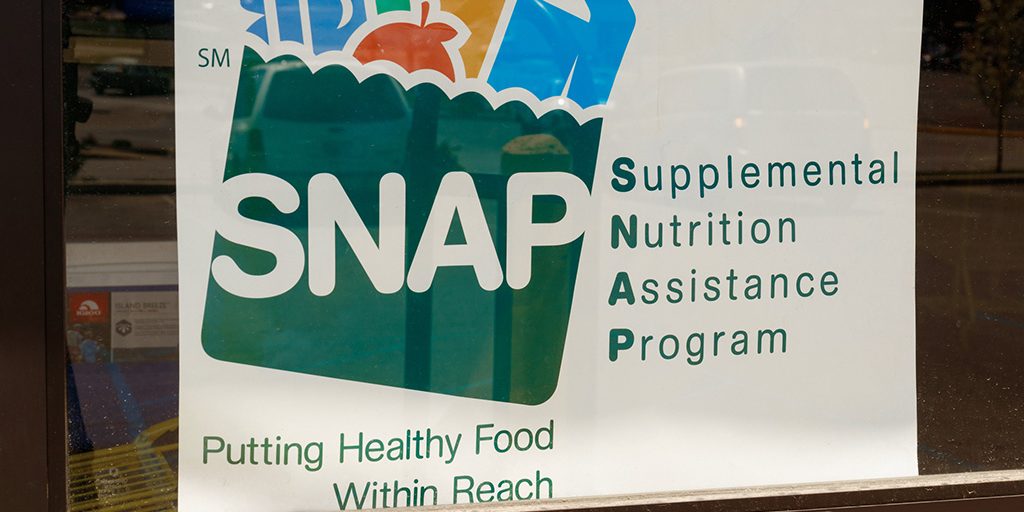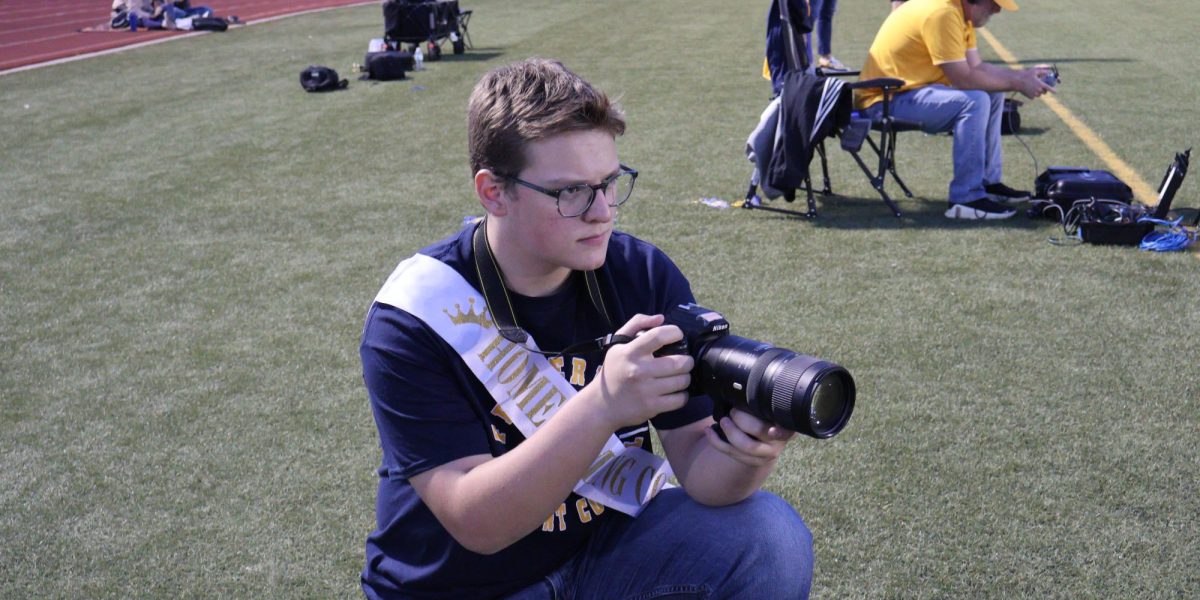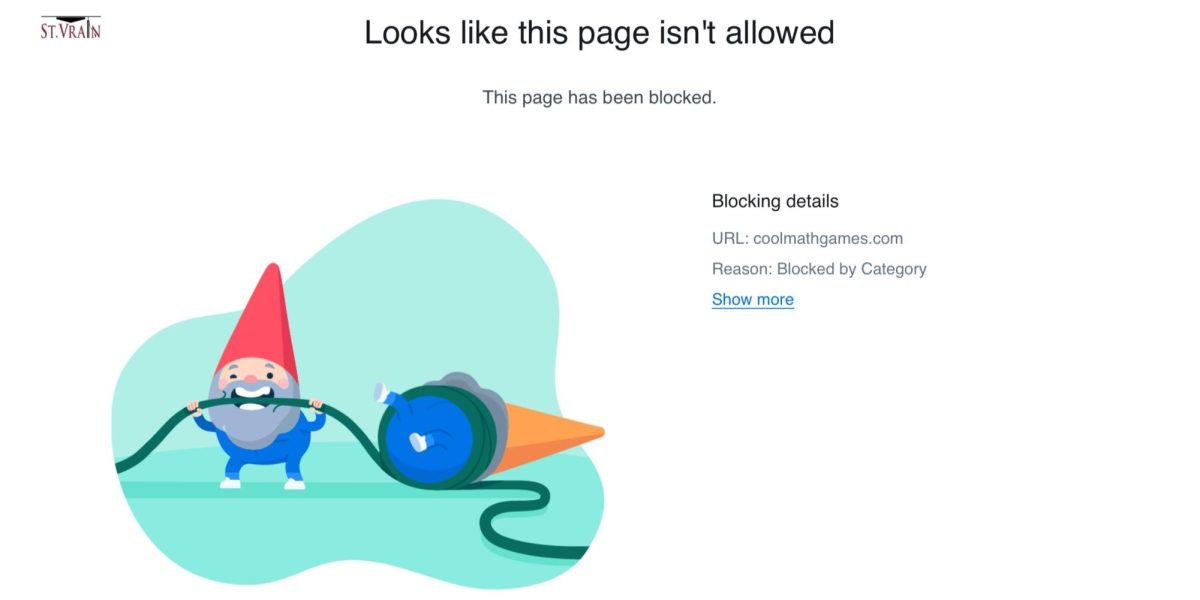Getting into a 2021 State of Mind
While there’s a light at the end of the pandemic tunnel, we’re still a long way from normal–here’s how to mentally prepare for the chaos of spring semester
January 4, 2021
Break is almost over, and many of us are feeling stir crazy. More than that, many of us are dreading the return of school. Before COVID-19, we all had to schedule time to do these things, but now we have nothing but time and no energy to use it. This is a scary time for all of us and it’s very easy to get overwhelmed right now. It’s not all bad though: with some simple strategies, we can take this time to take care of ourselves and still make this a great semester.
Remember, not everything will change overnight: The vaccine is being rolled out slowly and experts say that it will take until the summer to have enough people inoculated to get society back to some semblance of normal. This means while we are returning to classrooms in January, don’t expect the stadiums to be full for baseball or Prom tickets to be sold just yet. Masks in public places, limiting crowds of people, and frequent hand washing will still be the norm for most if not all of the next semester. Stay optimistic about the future, but make sure to stay realistic.
…But be prepared for more sudden changes: As we’ve seen this semester, school policies and practices can change at the drop of a hat. While we are scheduled to return to hybrid in January, a sudden spike in cases elevating the county to threat level purple could send us all back to online learning. We could also have restrictions drop just as fast, going from, say, no audience members allowed for the school musical to a limit of 25% capacity. We’re all going to have to remain as flexible as possible. If you don’t find this to be easy, try making a list of things in your life you control, such as how many hours a week you can devote to your favorite activity or what you are still allowed to do instead of what you are not. Whenever you feel out of control, look at the list to try to regain a sense of normalcy.
Focus on two weeks at a time: Since the future is so nebulous, just focus on two weeks at time. This isn’t to say anyone should give up their long term goals–seniors should still apply for colleges and athletes should still condition for next season. However, try to keep all plans and personal projects in short-term goals for right now. Instead of aiming for a C-average at the end of the semester, make sure all your grades are currently a C. Instead of trying to lose twenty pounds by Prom, try to lose a pound a week. Instead of planning extensive spring break adventures with friends, plan smaller get-togethers in the immediate future. Shifting your focus to short term goals will help you be able to be more flexible as things inevitably change and limit broader anxieties about the future.
Prioritize the things in your life: Even going back to a hybrid model, most of us are still at home learning from a screen for more than half the week. If last semester was any indication, most of us need to figure out a way to stay motivated when learning outside of the classroom. The best way is to set priorities for yourself that will keep you in an academic mindset. Get dressed as if you’re going to school each morning–don’t just lounge in your pajamas or WebEx from bed. Create a schedule with time for meals, time for class, and time for homework. Don’t skip class for work or play video games during WebEx or anything else you wouldn’t do during actual school–it will only get you behind. Additionally, prioritize everything you need to do into things that must be done now (important and urgent), done soon (important but not urgent), avoided (urgent but not important), and eliminated (neither important nor urgent). You can find more about prioritization here.
Make sure people are priorities too: When setting your priorities for the week, make sure to include connecting with friends and family. The pandemic has led to a lot of students feeling isolated and lonely, so make sure to schedule connection time. This time should be scheduled for two reasons: so you actually remember to do it, and so you don’t get distract and spend the entire day just talking to friends. When it comes to family, you may be seeing them more than usually with at-home learning, but that doesn’t mean this is actually time you connect with them. Spend quality time with parents, siblings, and anyone else under your roof, whether it’s playing a game together, completing a puzzle, watching a movie, or even just talking at the dinner table. Finally, remember that you yourself are a person that needs to be prioritized. Schedule yourself enough time to sleep, make sure you eat regularly, and make sure you are checking into your mental health. Speaking of which…
Treat yo’self: Our lives have been put on hard mode the past year, and what used to be simple tasks like completing an assignment or reading instructions can feel impossible. Even when there’s less to do it can feel like more. The best way to stay motivated to get through is to regularly reward yourself. For example, when you finish an assignment, take a five-minute Instagram break. When you finish up an online test, eat a piece of chocolate. If you attend all your WebEx sessions on time, allow yourself thirty minutes of video game time. Create a list of what you need to do and give each task a small reward. There’s only two cautions to this method: one, remember that this is to keep you motivated to get things done–three hours of reality TV as a reward for submitting a single assignment isn’t going to hep you stay on track. Two, remember that priorities are no rewards, so don’t say “if I get this done, I’ll eat dinner” or “once I’m finished, I’ll go to bed.” Your health needs to always prioritize your schoolwork.
Put the screens down: When creating priorities and rewards, don’t forget to build in some time where you aren’t looking at a screen. Sitting in front of a screen all day causes fatigue, eye strain, headaches, and even death (okay, maybe not death, but staring at screens all day isn’t healthy!). Include in your rewards activities that do not require a screen, such as exercise, cooking, reading a physical copy of a book, taking a walk, playing an instrument, or dancing in front of your mirror like a total nerd. You may even want to consider a Screen Sabbath once a month–an entire day where you don’t look at TV, iPad, phone, or laptop. While this seems extreme, reducing screen time will give you a boost in focus and mental balance.
Limit your intake of social media: Social media can be even worse than just screen time, as comparing ourselves to others can lead to so much anxiety, especially right now. You may see someone on Instagram who is “living their best life” despite the pandemic and feel like you are a loser for not bein as focused or successful or happy as the world falls apart. If this happens, put the phone down and remember that even simple things like getting out of bed are accomplishments right now and you are doing your best. Social media is also lousy with misinformation and rumors about the vaccines and the pandemic that will only add to stress. So as much as we’d love all of you to spend as much time @frederickscoutnews, try limiting your social media intake to just a few minutes per day.
Practice gratitude: Finally, focus on what you do have rather than what you don’t. It’s easy to focus on what we’re missing with continued COVID-19 limitations and cancelations, but there are so many things we still have to be grateful for. Keep a gratitude journal where you pick three things that made you thankful during the day–studies have shown that this can give you a joy boost similar to a night out with friends or receiving a gift you really wanted.
Keep in mind that these are general tips to put you in a positive, focused mindset for next semester. Everyone has their own issues and their own ways of coping. However, if you start feeling overwhelmed or lacking energy to do anything, try out these tips and try to get back to a more mentally stable place. These are extraordinary times, so don’t be afraid to try extraordinary solutions to make this semester great!















































